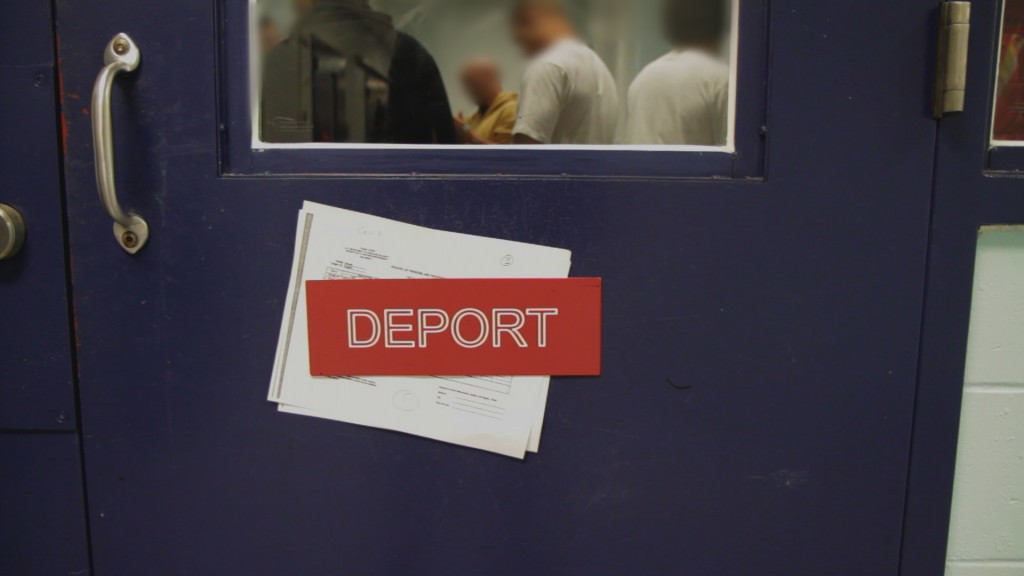New U.S. Immigration Policy Could Prevent Thousands of Deportations

June 15, 2012
Share
Under a new policy announced today by the Department of Homeland Security, up to 800,000 illegal immigrants will be allowed to live and work in the United States without the constant threat of deportation.
The executive order, first reported by the AP, focuses on people under the age of 30 who were brought to the U.S. before they turned 16. Other eligibility requirements include having lived in the country for at least five continuous years; obtaining a high school diploma or GED, or serving in the military; and having a clean criminal record.
Those who meet the requirements will be offered two-year work permits that can be renewed without limit. The plan is not in and of itself a path to citizenship, and President Obama today called on Congress to reconsider immigration reform. “This is a temporary stopgap measure that lets us focus our resources wisely while giving a degree of relief and hope to talented, driven, patriotic young people,” he said. “It is the right thing to do.”
The specifics executive order closely mirror the DREAM Act, a piece of repeatedly introduced (and repeatedly stalled) bipartisan legislation that would have given young people a path to permanent residency based on education and military service.
But critics say the DREAM Act amounts to a form of amnesty and that could mean fewer jobs for Americans.
Without congressional support, Obama has been unable to deliver on a 2008 campaign promise to pass comprehensive immigration reform. The administration has focused instead on two main priorities: border enforcement and deporting criminals.
Last year, the U.S. deported a record 367,000 people, about 55 percent of whom had been convicted of felonies or misdemeanors.
The administration’s strategy involves a controversial program known as Secure Communities, which collects and shares information about a person’s immigration status when they’re fingerprinted in a local jail. Immigration officials can then put a hold on a person for deportation.
Secure Communities, which will be mandatory nationwide by 2013, has been rolled out in 2,990 jurisdictions in 49 states to date.
For more on how we got to this moment — and why immigration is so important in the upcoming presidential race — watch our 2011 film Lost in Detention.
Related Documentaries
Latest Documentaries
Related Stories
Related Stories
Explore
Policies
Teacher Center
Funding for FRONTLINE is provided through the support of PBS viewers and by the Corporation for Public Broadcasting, with major support from Ford Foundation. Additional funding is provided the Abrams Foundation, Park Foundation, John D. and Catherine T. MacArthur Foundation, Heising-Simons Foundation, and the FRONTLINE Trust, with major support from Jon and Jo Ann Hagler on behalf of the Jon L. Hagler Foundation, and additional support from Koo and Patricia Yuen. FRONTLINE is a registered trademark of WGBH Educational Foundation. Web Site Copyright ©1995-2025 WGBH Educational Foundation. PBS is a 501(c)(3) not-for-profit organization.





















